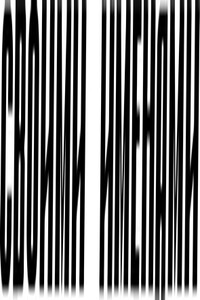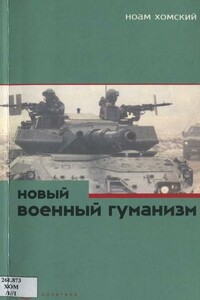292 Шейнис В. Л. Превращения избирательной системы в России // Общественные науки и современность. 2008. № 6. С. 39–52.
293 Шергин В. П. О законодательных особенностях установления результатов выборов глав исполнительных органов государственной власти субъектов Российской Федерации // Вестник ЦИК РФ. 1997. № 2. С. 102–111.
294 Шугрина Е. С. Местное самоуправление и пропорциональная избирательная система: добрососедство или противостояние? (обзор заключений, направленных в Конституционный Суд РФ по делу об использовании пропорциональной избирательной системы на муниципальном уровне) // Местное право. 2011. № 3. С. 33–58.
295 Электоральное пространство современной России. Политическая наука: Ежегодник 2008. М.: РОССПЭН, 2009. 479 с.
296 Эрроу К. Дж. Коллективный выбор и индивидуальные ценности / Пер. с англ. Науч. ред., авт. предисл., послесл. Ф. Т. Алескеров. М.: Издательский дом ГУ ВШЭ, 2004. 204 с.
297 Яжборовская И. С. Центрально-Восточная и Юго-Восточная Европа: партии, избирательные системы и выборы в условиях политической трансформации // Журнал о выборах. 2002. № 2. С. 42–45.
298 Яжборовская И. С. Развитие парламентской избирательной системы в странах Центральной и Юго-Восточной Европы // Журнал о выборах. 2005. № 2. С. 45–47; № 3. С. 63–67.
299 Яцунская Е. Эффекты изменения избирательных систем: сравнительный анализ местных выборов 2006 и 2010 годов в Украине // Сравнительное конституционное обозрение. 2014. № 1 (98). С. 52–74.
300 25+2 electoral models. I. Electoral Systems. Bucharest: Asociaţia Pro Democraţia, 2006 (http://www.apd.ro/files/publicatii/25plus2_Electoral_models_I_Electoral_Systems.pdf).
301 Balinski M. L., Young P. H. Fair Representation: Meeting the Ideal of One Man, One Vote. 2>nd ed. Washington: Brookings Institution Press, 2001. 195 p.
302 Bawn K. The Logic of Institutional Preferences: German Electoral Law as a Social Choice Outcome // American Journal of Political Science. 1993. Vol. 37. № 4. P. 965–989.
303 Bawn K. Voter responses to electoral complexity: ticket splitting, rational voters and representation in the Federal Republic of Germany // British Journal of Political Science. 1999. Vol. 29. № 3. P. 487–505.
304 Gallagher M. Comparing Proportional Representation Electoral Systems: Quotas, Thresholds, Paradoxes and Majorities // British Journal of Political Science. 1992. Vol. 22. P. 469–496.
305 Golosov G. V. The case for mixed single vote electoral systems // Journal of Social, Political, and Economic Studies. 2013. Vol. 38. № 3. P. 317–345.
306 Hoag C. G., Halett G. H. Proportional Representation. N.Y.: Macmillan, 1926. 546 p.
307 Jesse E. The West German electoral system: The case for reform, 1949–87 // West European Politics. 1987. Vol. 10. № 3. P. 434–448.
308 Jesse E. Split-voting in the Federal Republic of Germany: An Analysis of Federal Elections from 1953 to 1987 // Electoral Studies. 1988. Vol. 7. P. 109–124.
309 Lijphart A. Electoral Systems and Party Systems: A Study of Twenty-Seven Democracies, 1945–1990. Oxford: Oxford University Press, 1994. 209 p.
310 Lijphart A., Gibberd R. W. Thresholds and Payoffs in List Systems of Proportional Representation // European Journal of Political Research. 1977. Vol. 5. P. 219–244.
311 The Logic of Multiparty Systems / Ed. by M. J. Holler. Dordrecht: Springer, 1987. 446 p.
312 Lyubarev A. Electoral Legislation in Russian Regions // Europe-Asia Studies. 2011. Vol. 63. № 3. P. 415–427.
313 Myagkov M., Ordeshook P. C., Shakin D. The Forensics of Election Fraud: Russia and Ukraine. N.Y.: Cambridge University Press, 2009. 289 p.
314 Nurmi H. Comparing Voting Systems. Dodrecht: D. Reidel Publishing Company, 1987. 209 p.
315 Rae D. W. The Political Consequences of Electoral Laws. New Haven: Yale University Press, 1971. 203 p.
316 Trefs M. Voter confusion in German federal election: the Baden-Württemberg electoral system as a possible alternative // German Politics. 2003. Vol. 12. № 3. P. 82–106.



